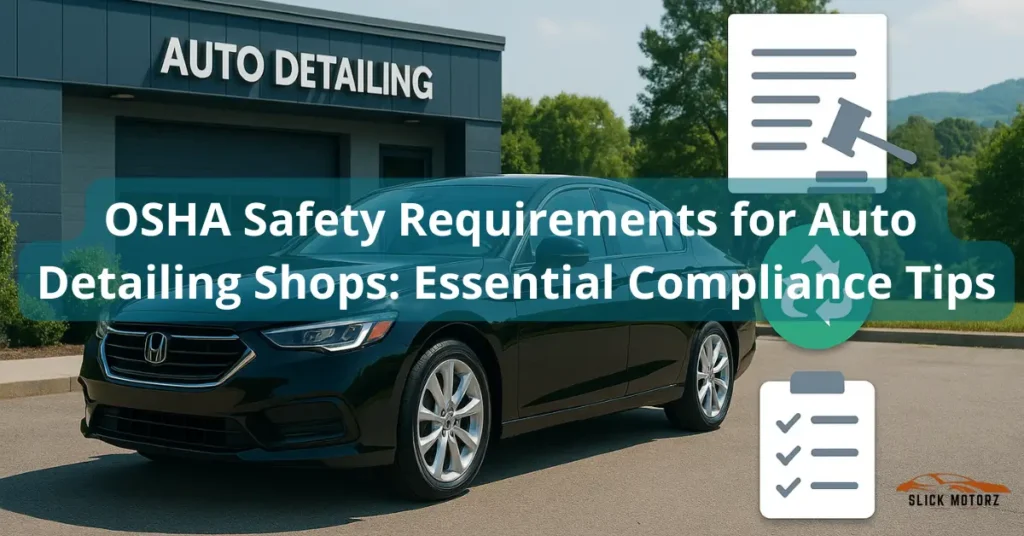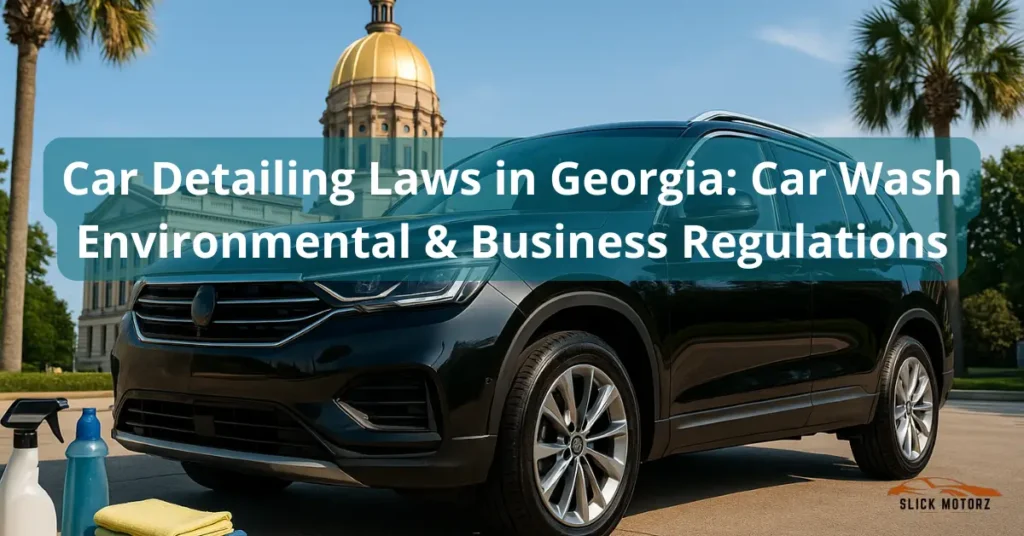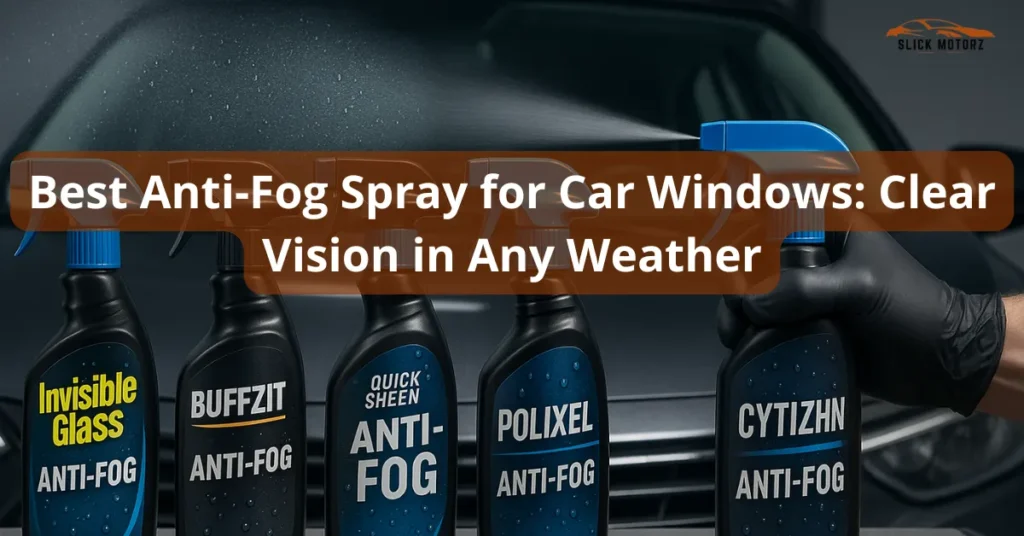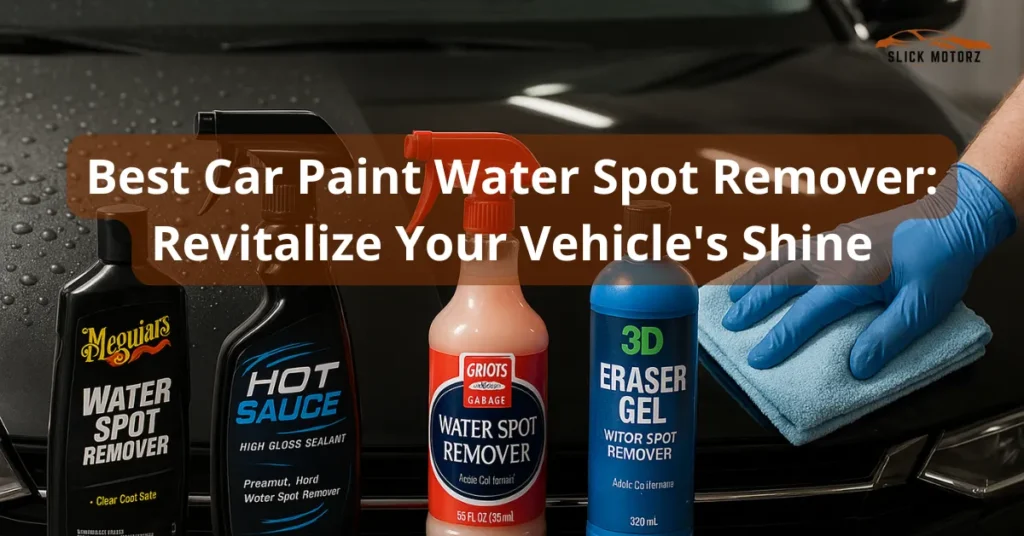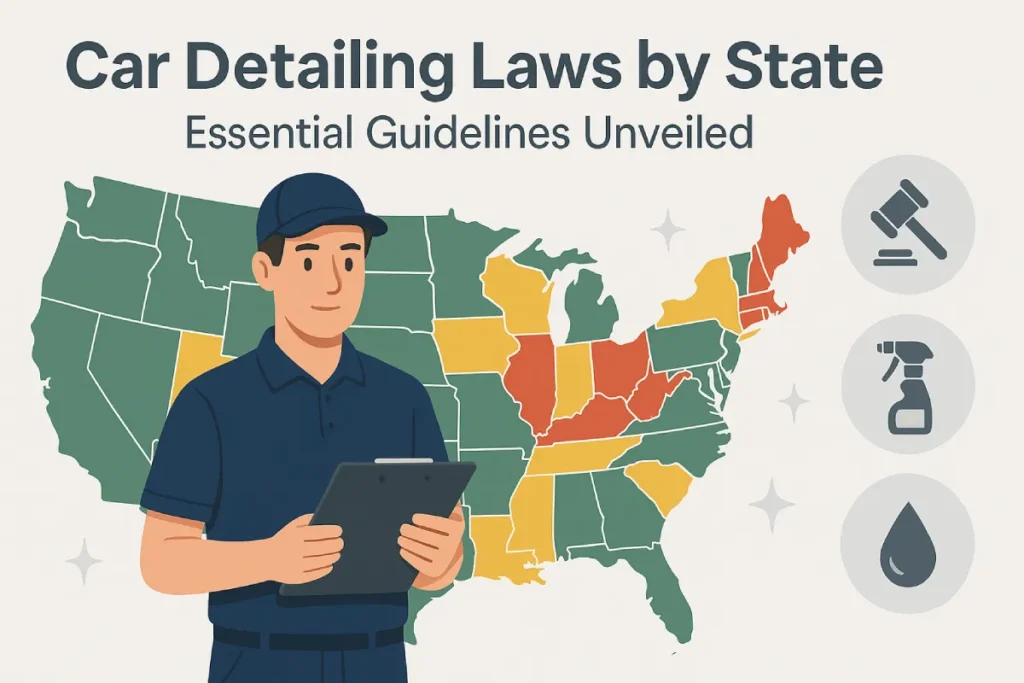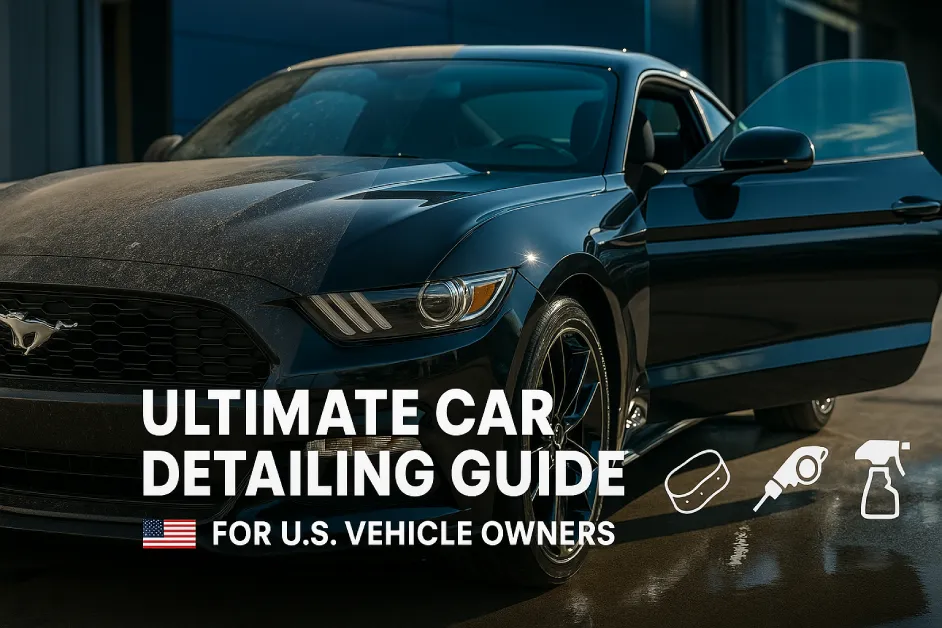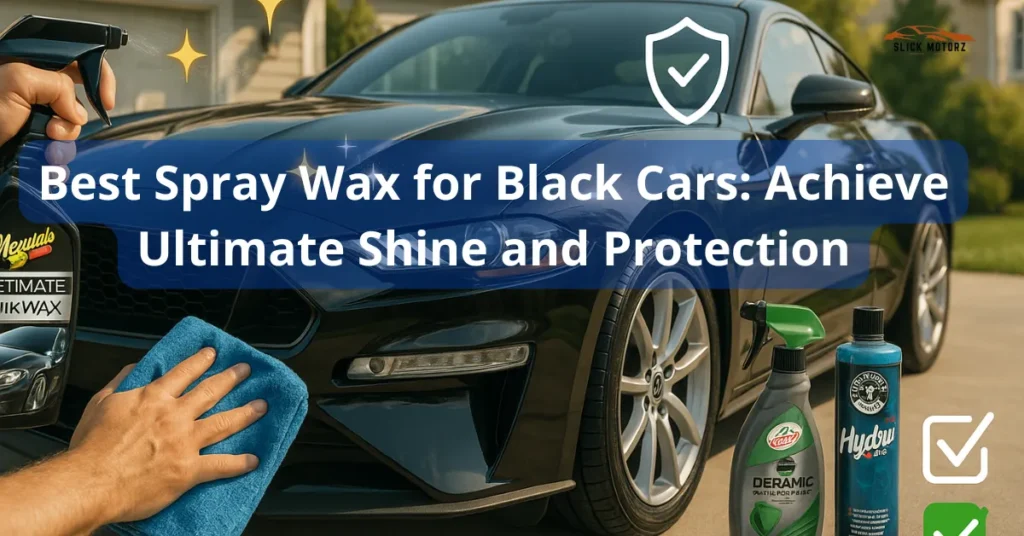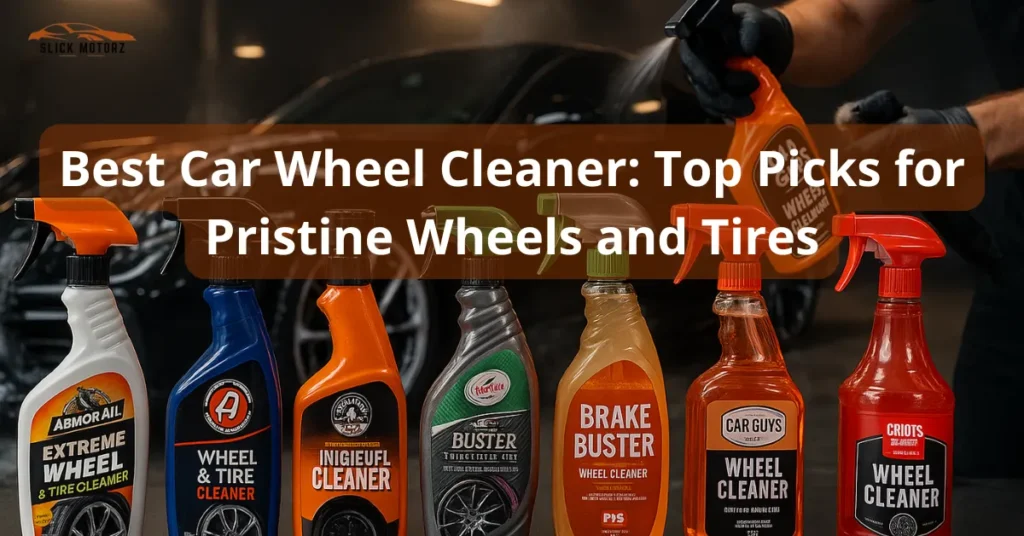If you’re thinking about starting a car detailing business or offering mobile detailing services in Indiana, understanding the laws that affect you is crucial. You might wonder, “Do I need a special license?
What permits are required? Are there any environmental rules I need to follow? ” Knowing the answers will save you from costly fines and legal headaches down the road. This article breaks down everything you need to know about car detailing laws in Indiana, so you can focus on growing your business confidently and legally.
Keep reading to make sure your car detailing venture starts on the right track!
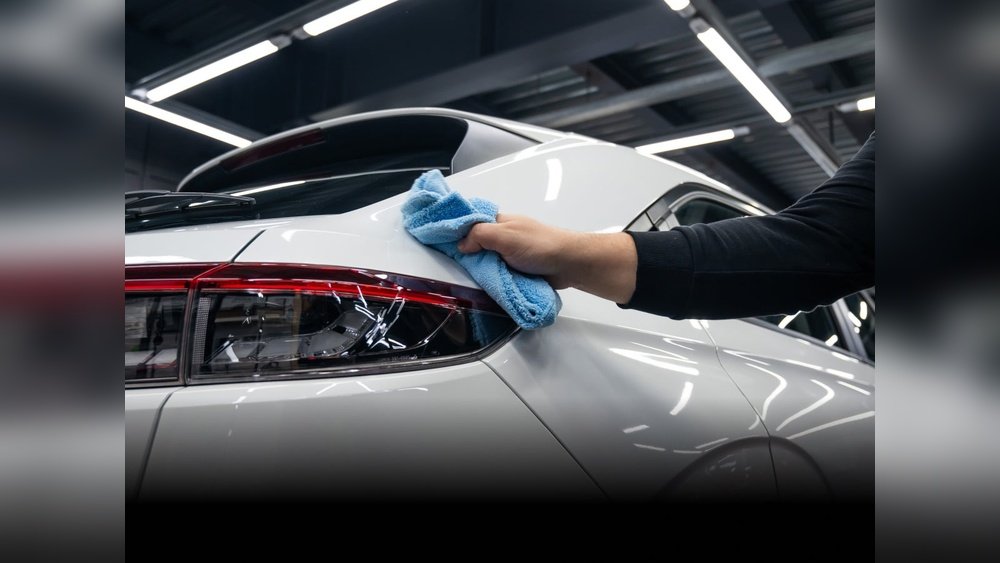
Credit: www.rvinyl.com
Licensing Requirements
Starting a car detailing business in Indiana requires understanding the licensing rules. These rules ensure your business follows state laws and operates smoothly. Licensing protects both you and your customers. It is important to know what licenses and permits you need before you begin.
Business Licenses In Indiana
All car detailing businesses must get a general business license in Indiana. This license registers your business with the state. It shows that your business is legal and recognized. You apply for this license through your local city or county government. Without it, you cannot legally operate your business.
Mobile Detailing Permits
Mobile car detailing requires special permits in many Indiana cities. These permits allow you to work at different locations. You may need permission to park and operate in public or private areas. Some cities limit where mobile detailers can work. Checking local rules is key to avoiding fines or shutdowns.
Certification And Training
Certification is not mandatory in Indiana, but highly recommended. Training helps improve your skills and builds customer trust. Many organizations offer courses on safe and effective detailing methods. Certified detailers often attract more clients. Investing in education can boost your business reputation.

Credit: premierdetailingandwash.com
Environmental Regulations
Environmental regulations play a key role in car detailing businesses in Indiana. These rules help protect air, water, and soil from harmful substances. Detailers must follow guidelines to avoid fines and keep their business legal. Understanding these laws is essential for every car detailer in Indiana.
Local Epa Rules
The Indiana Environmental Protection Agency (EPA) sets rules for car detailing shops. These rules limit the use of chemicals that can harm the environment. Detailers must use eco-friendly products and follow proper procedures. The EPA also monitors air quality and chemical storage. Regular inspections ensure compliance with these standards.
Water Usage Restrictions
Indiana enforces water usage limits for car detailers. Water runoff from cleaning can pollute local streams and rivers. Businesses must reduce water waste and prevent contaminated water from entering storm drains. Some cities require permits for water discharge. Using water-efficient tools helps meet these restrictions.
Waste Disposal Guidelines
Proper disposal of waste is critical for car detailers. Used chemicals, oils, and wash water must be handled carefully. Indiana laws require detailers to dispose of hazardous waste at approved facilities. Illegal dumping can result in heavy fines. Recycling and using biodegradable products reduce environmental impact.
Zoning And Location Rules
Zoning and location rules play a key role in running a car detailing business in Indiana. These rules determine where you can operate your business. They help maintain order in neighborhoods and commercial areas. Understanding these rules avoids fines and legal troubles. It also ensures smooth business operations.
Operating From Home
Many detailers start their business from home. Indiana permits home-based car detailing in specific areas. Local zoning laws may limit noise and water usage. Some neighborhoods require permission from the homeowner’s association. Proper permits and licenses are necessary. Check with local authorities before starting from home.
Commercial Property Regulations
Running a car detailing business on commercial property has different rules. These zones are designed for business activities. You must follow building codes and health regulations. Some cities require special permits for water discharge. Parking and signage may also face restrictions. Always verify local commercial zoning laws before leasing space.
Mobile Detailing Zones
Mobile car detailing offers flexibility but faces zoning challenges. Some cities restrict mobile services in residential zones. You may need a permit to operate on public streets or private lots. Certain areas limit business hours or the number of service calls. Check city and county rules for mobile detailing. Compliance helps avoid fines and keeps customers happy.
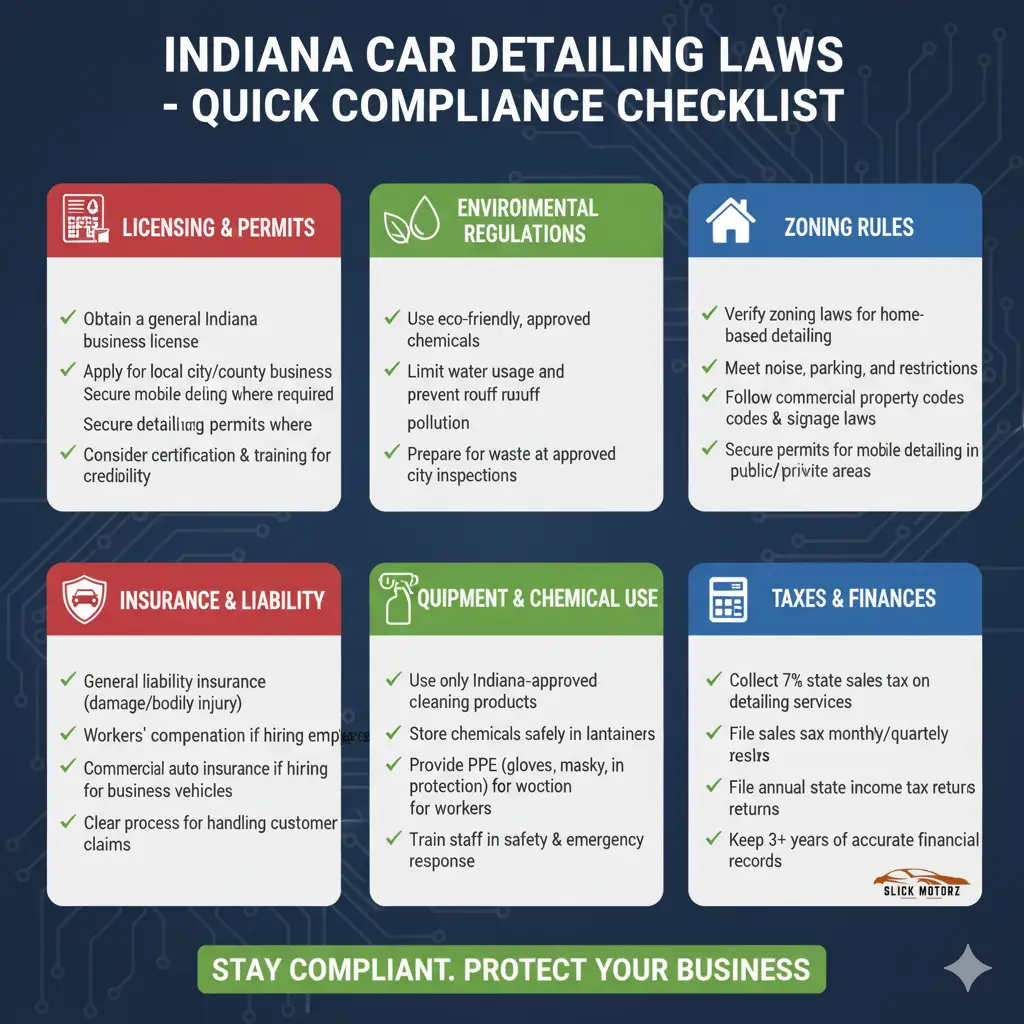
Credit: m.yelp.com
Insurance And Liability
Understanding insurance and liability is essential for car detailing businesses in Indiana. These factors protect your business from financial risks. They also ensure you meet state requirements and keep customers safe.
Proper insurance coverage reduces the chance of costly legal issues. It helps handle damages or accidents that may occur during detailing work. Knowing your insurance needs is a smart business step.
Required Insurance Types
Indiana car detailing businesses must have certain insurance types. General liability insurance covers property damage and bodily injury claims. It protects you if a customer’s vehicle is damaged while in your care.
Workers’ compensation insurance is required if you hire employees. It covers medical costs and lost wages for work-related injuries. Commercial auto insurance protects company vehicles used for your business.
Protecting Your Business
Insurance shields your business from financial losses and lawsuits. It builds trust with customers by showing you take responsibility seriously. Regularly review your policies to ensure full protection.
Keep clear records of all insurance documents. Train employees on safety procedures to reduce accidents. These actions limit liability and help maintain a strong reputation.
Handling Customer Claims
Respond quickly and professionally if a customer files a claim. Document all details and communicate clearly with the customer. Notify your insurance provider immediately to start the process.
Resolve claims fairly to protect your business reputation. Keep customers informed about each step. Proper handling of claims can prevent disputes and legal troubles.
Equipment And Chemical Use
Car detailing in Indiana requires careful attention to equipment and chemical use. These rules protect the environment, workers, and customers. Proper tools and safe chemicals keep the work efficient and legal. Understanding these guidelines helps detailers avoid fines and run safe operations.
Approved Cleaning Products
Indiana law restricts the types of chemicals used in car detailing. Only environmentally safe and approved cleaning products are allowed. These products must meet state and federal environmental standards. Using banned or harmful chemicals can lead to penalties. Detailers should always check product labels for compliance before use.
Storage And Handling
Proper storage of chemicals and equipment is required by law. Chemicals must be stored in secure, labeled containers. Storage areas should be cool, dry, and well-ventilated. Avoid mixing different chemicals to prevent dangerous reactions. Safe handling practices reduce the risks of spills and accidents during work.
Safety Measures
Workers must follow safety rules to protect themselves and others. Wearing gloves and eye protection is essential when using chemicals. Proper ventilation is needed to avoid inhaling fumes. Detailers should keep first aid kits nearby. Training on emergency procedures is also required to handle accidents safely.
Tax And Financial Obligations
Running a car detailing business in Indiana requires understanding tax and financial obligations. These duties ensure your business stays legal and avoids penalties. Knowing the taxes, filing rules, and record-keeping standards helps maintain smooth operations.
State And Local Taxes
Indiana charges state sales tax on car detailing services. The current rate is 7%. Local taxes may apply depending on your city or county. Collect the correct tax from customers at the time of service. This ensures compliance with Indiana tax laws.
Business owners must also pay income tax on profits. Indiana has a flat income tax rate for individuals and businesses. Local income taxes might affect your total tax bill. Check with local tax offices to confirm exact rates.
Filing Requirements
Filing tax returns is mandatory for car detailers in Indiana. Submit sales tax reports monthly or quarterly. The Indiana Department of Revenue provides online filing options. Timely filing avoids interest and penalties.
Income tax returns must be filed annually. Businesses may need to file additional tax forms, such as employer withholding reports, if they have employees. Stay updated on deadlines to meet all filing requirements.
Record Keeping
Maintain accurate records of all sales and expenses. Keep invoices, receipts, and bank statements organized. Indiana law requires records to be kept for at least three years.
Good record-keeping helps during tax audits. It also supports financial planning and business growth. Use digital tools or bookkeeping software to simplify this task.
Common Legal Challenges
Car detailing businesses in Indiana face several legal challenges. These challenges can affect daily operations and long-term success. Understanding common issues helps owners stay compliant and avoid trouble.
Most legal challenges arise from state and local regulations. Environmental rules, licensing, and customer disputes are frequent concerns. Addressing these challenges early protects your business and reputation.
Dealing With Complaints
Customer complaints often involve service quality or damage claims. Proper documentation of services can reduce disputes. Respond quickly and professionally to all complaints. Clear communication prevents misunderstandings and legal claims.
Some complaints may escalate to legal action. Having a written service agreement helps protect your rights. Keep detailed records of all transactions and client approvals. These steps provide evidence if a complaint arises.
Penalties For Non-compliance
Indiana enforces strict penalties for breaking car detailing laws. Fines can be costly and affect your business license. Environmental violations, such as improper waste disposal, are common penalties. Operating without required permits risks business closure.
Regularly review state and local regulations. Stay updated to avoid accidental non-compliance. Training employees on legal requirements reduces the chance of violations. Avoiding penalties saves money and preserves your business reputation.
Legal Resources
Several resources help car detailers navigate Indiana laws. The Indiana Professional Licensing Agency offers guidance on permits and licenses. Local chambers of commerce provide workshops and legal advice. Consulting a lawyer can clarify complex regulations.
Online portals offer access to updated laws and regulations. Joining industry groups helps share knowledge and best practices. Using these resources supports smooth business operations and legal compliance.
Business Best Practices
Running a car detailing business in Indiana requires more than just cleaning skills. Following best practices helps protect your business and build trust. Clear contracts, open communication, and legal marketing are key. These steps keep your business professional and compliant with laws.
Contracts And Agreements
Use written contracts for every service. Contracts explain what you will do and the price. They protect you and the customer from misunderstandings. Include details about payment terms and service guarantees. Always get a signed agreement before starting work.
Customer Communication
Keep communication clear and honest with customers. Explain the services and any limitations before starting. Update customers if there are delays or extra costs. Listen to their concerns and respond quickly. Good communication builds customer loyalty and reduces complaints.
Marketing Within Legal Limits
Follow Indiana laws when advertising your services. Avoid false claims about your skills or results. Use truthful photos and accurate descriptions. Do not use copyrighted materials without permission. Respect privacy laws when collecting customer information for marketing.
Frequently Asked Questions
Can You Detail Cars Without A Business?
Yes, you can detail cars without a formal business, but some states require licenses or permits. Insurance is also recommended.
Do I Need To Be Certified To Detail Cars?
Certification is not required to detail cars, but it is highly recommended. It boosts credibility and showcases your skills to clients and employers.
How Much Do Car Detailers Make In Indiana?
Car detailers in Indiana earn around $12 to $18 per hour. Annual salaries typically range from $25,000 to $38,000, depending on experience.
How Many Cars Can You Detail A Day?
A professional detailer can detail 3 to 5 cars daily, depending on service complexity and time spent per vehicle.
Conclusion
Understanding Indiana’s car detailing laws helps you operate safely and legally. You must follow local rules about business licenses and environmental regulations. Staying informed protects your business and the environment. Always check updates from state and local authorities. Clear knowledge makes your detailing work smooth and trustworthy.
Keep your customers happy by respecting these laws. Legal compliance builds a solid reputation over time. Simple steps can avoid fines and legal trouble. Stay responsible, stay successful in Indiana’s car detailing industry.


